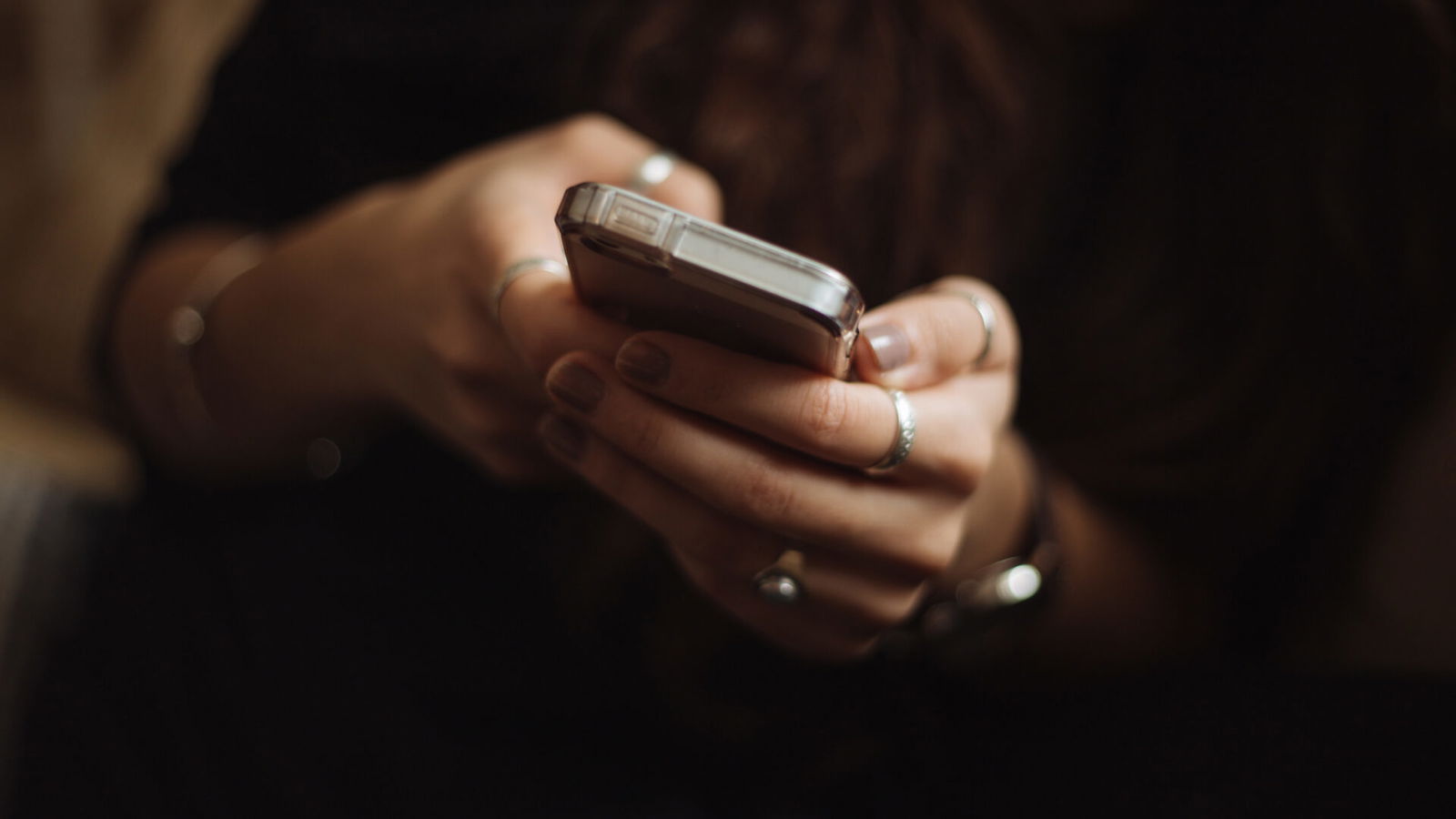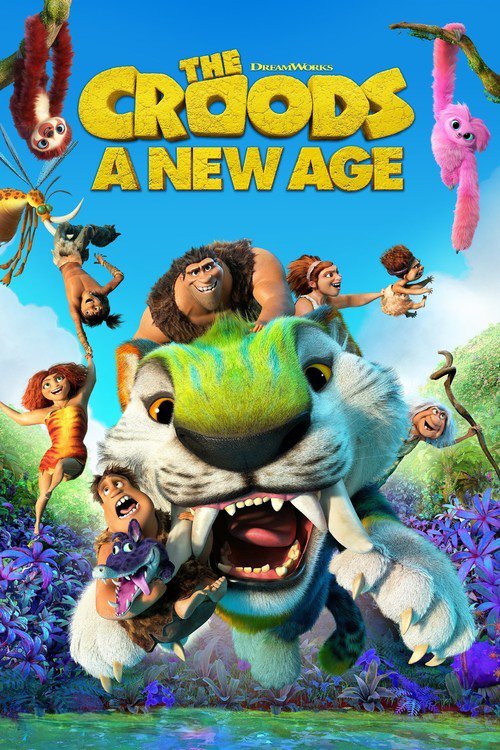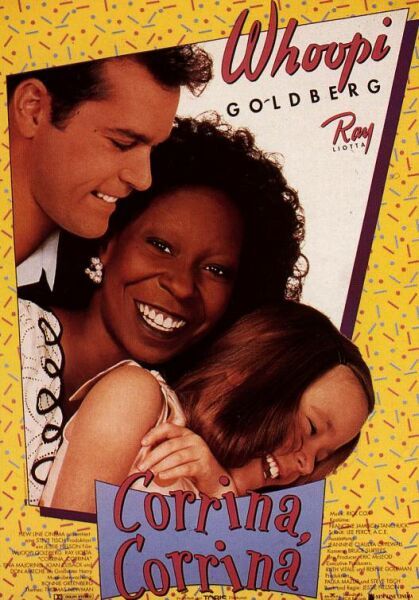
Why Gen Z Are Dropping Dating Apps: ‘Ruined The Dating Scene’
By Movieguide® Contributor
A new study finds that Gen Zers are avoiding dating apps.
“79% of respondents — college and graduate students around the country — said they don’t use any dating apps even as infrequently as once a month,” the Axios/Generation Lab study reported.
College students explained that dating apps, like Tinder and Bumble, are typically used for “hookups,” instead of building actual relationships.
“I feel dating apps have ruined the dating scene for many people my age and ruined their self-confidence,” Melanie Perez, a junior at Sam Houston State University, explained. “I’d rather meet and start as friends than use an app that’ll most likely end in hookups.”
“Dating apps promised a quick fix to the messiness of love,” said Carolina Bandinelli, a professor at the University of Warwick, explaining why the apps took off in the first place. “Their promotional narratives spoke about reducing love to a simple procedure. Dating apps promised a love that ‘works.’ But they do not ‘work’ as they are supposed to, yet they create the expectation of love as an efficient business. Users get frustrated with this.”
To combat waning interest, some dating apps are offering subscription services.
Relevant Magazine reported, “Tinder launched its premium subscription service, Tinder Select, priced at an eye-popping $499 per month. The company claims the subscription offers the ‘best of Tinder,’ such as sending messages without matching and access to the most desired profiles.”
Aside from wanting real connections, young people are also prioritizing beliefs when it comes to their romantic relationships; 37% said beliefs are “the most important factor” when finding a partner, ranking it higher than looks or professional goals.
These findings match another report from the Pew Research Center.
“Three-in-ten U.S. adults say they have ever used a dating site or app,” they stated, adding that people are divided when it comes to classifying their online dating experiences as positive or negative (53% positive vs. 46% negative).
There might be another reason young people are rejecting dating apps. Movieguide® previously reported:
Almost 2.3 million cases of STD’s were diagnosed in 2017, according to the Center for Disease Control (CDC). Among the leaders were gonorrhea with a 67% increase and syphilis with a 71% increase. These numbers are out of control and climbing.
Faithwire suggests the rise of dating and hook-up apps such as Tinder as a problem, where users swipe on photos of other users to meet up and oftentimes have sex. Bumble and Grindr “have made it easier for people to find sexual partners with whom they can have condom-less intercourse, widely considered a form of high-risk engagement.” As of January 2018, Statistica reported that 25% of Americans between 18 and 24 years old use Tinder. These individuals still have lots of living to do and with the risks of STD’s, many will have to deal with these STD diagnoses for the rest of their lives.
Generations before have never had to deal with this level of social interaction. Thanks to smartphones, old party games like “spin-the-bottle” pale in comparison to the access people have for sex and experimentation. The Foster Letter in the Religious Marker Update found that in 2006, smartphone users numbered at 53 million. Next year that number is estimated to be 2.5 billion. What’s more frightening is that people who own smartphones literally have access to porn and these dating apps in their pockets.
Questions or comments? Please write to us here.


 - Content:
- Content: 

